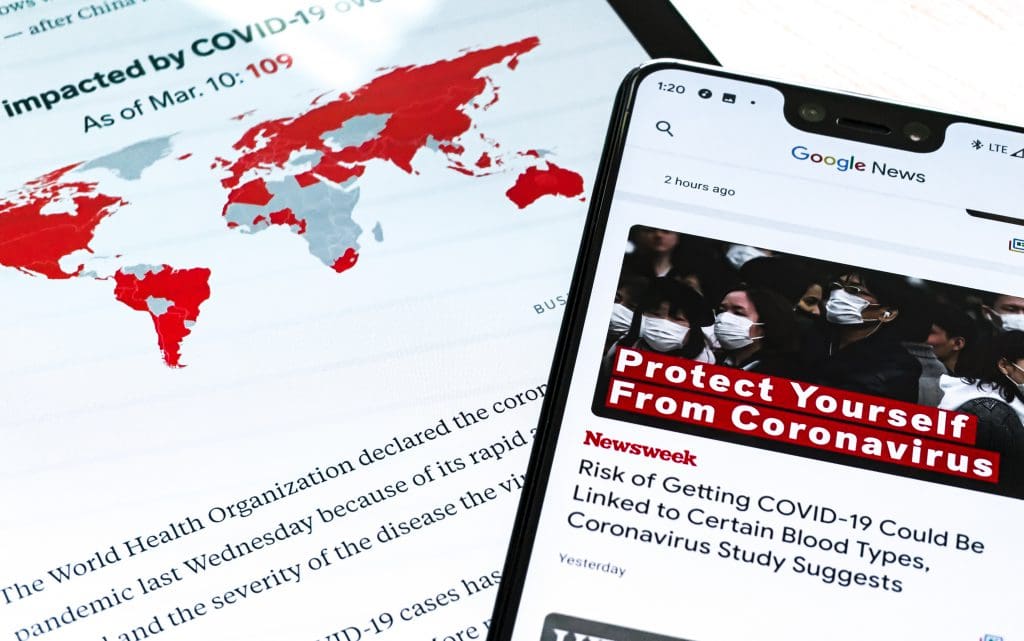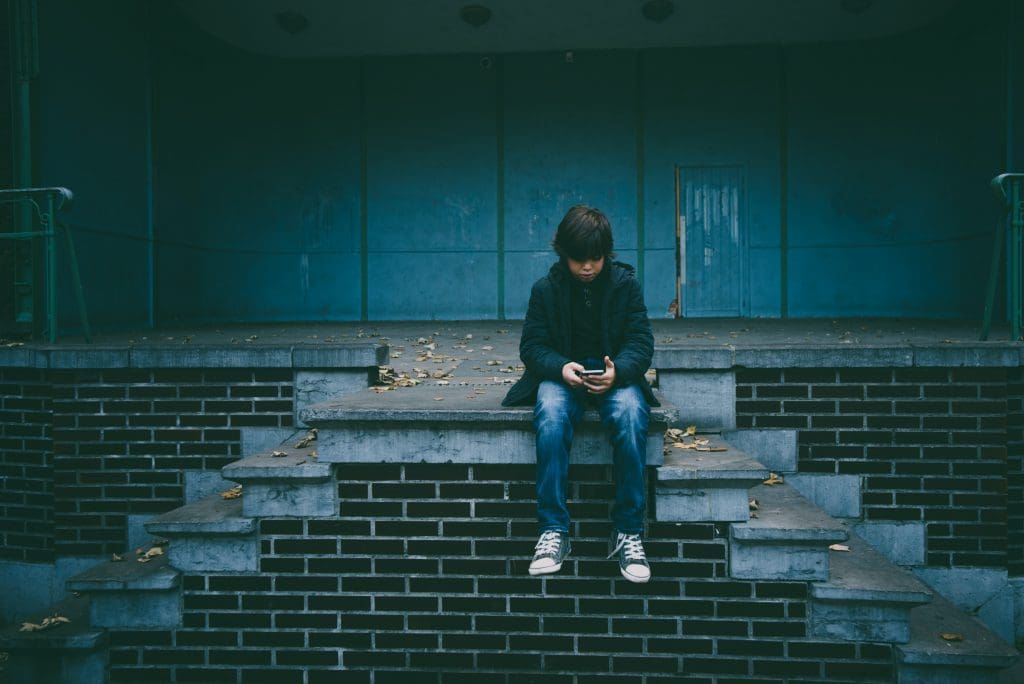What is Doomscrolling?
Let’s admit it. It’s so easy to get sucked into our devices and the social media apps inside of them. Even if you feel like you’re not directly interacting with anyone and just refreshing, there’s something about these apps that can make three hours feel like three minutes, despite doing nothing.

This addicting feeling of constantly refreshing and going to the same pages again and again can already affect us negatively, but if there’s a dominant news story or event that’s on everyone’s timelines, feeds, and pages, it’s not just easier to cycle through these apps, but the effects of it on us mentally can be even more severe. If we’re constantly seeing (and seeking) updates to negative news stories and people’s reactions and inputs on them in particular, we can get physically exhausted and our already heightened emotions of anxiety can get even higher.
Yet we can’t stop scrolling. Why is that the case?
A few months ago, COVID-19 and its effects on, well, everything, had dictionaries officially coining the term doomscrolling (or doomsurfing, whichever you prefer). It describes our need to continue to scroll and look up information about bad events, even if they make us feel bad in turn. We do so not only because we want to keep up to date on any new information coming out, but because our brains are more inclined to focus on and are more likely to get sucked into bad news instead of good news. Additionally, in a different take on FOMO, we stay on our devices and doomscroll because we’re afraid of missing what could be some sort of pivotal update.

As the name suggests, however, doomscrolling isn’t great for our mental health. Because we already know about the bad event, we may already be feeling nervous, anxious, and even depressed. Continuing to engage with this bad news can send us downspiraling, especially for those who are prone to showing symptoms of mental illnesses such as depression and anxiety. We may be more inclined to believe conspiracy theories, or engage with incorrect and potentially dangerous information because we’re getting exposed to it and want something potentially positive to cling onto.
But social media is already hard to escape, especially during social distancing, and especially when we’re in the midst of a multitude of historical events, so how can you stop doomscrolling? Besides setting specific times to visit your preferred social media platforms, ask yourself about the people and the news organizations you follow and how much you trust them.
Doomscrolling is incredibly easy to fall into, but with some work, it isn’t hard to escape out of it either.
Have you ever doomscrolled? Why do you think it’s so easy to get stuck doomscrolling? How do you tell yourself to get off of social media when there’s bad or depressing news happening?




Recent Comments